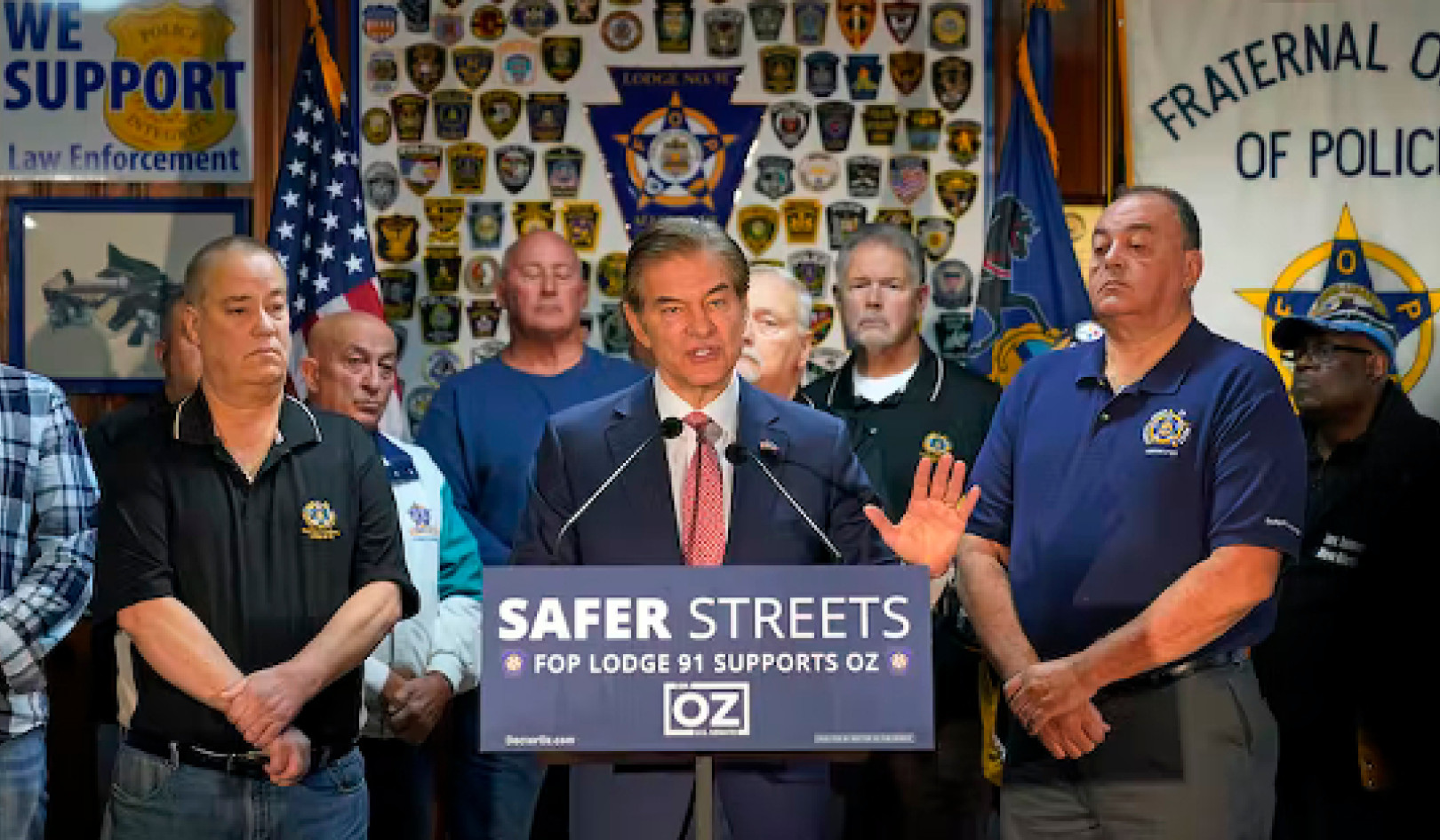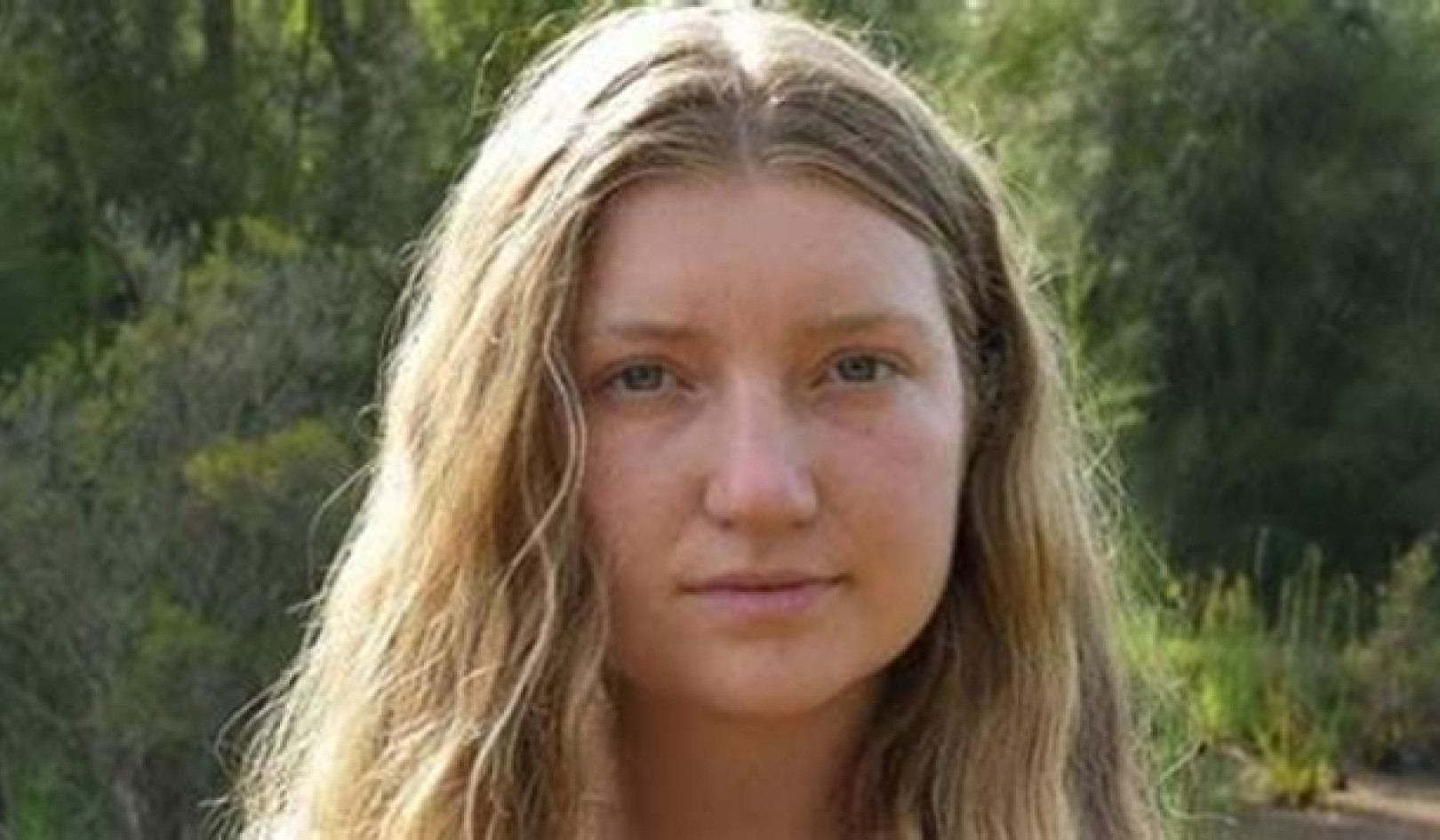
Darwin suggested that togetherness and cooperation, like the kind we saw initially on 9/11, is positively adaptive for human beings. So says the evolutionary psychologist Dacher Keltner — a professor at the University of California at Berkeley who studied under the leading researcher on human emotion in our time, Paul Ekman — in his book Born to Be Good: The Science of a Meaningful Life... “Survival of the kindest” is as important a principle as “survival of the fittest.”
I visited with Keltner and his team from the Greater Good Science Center that he directs at Berkeley. Over dinner he talked about how we have built-in mechanisms that might prioritize the gains of others over those of the self, and transform others’ gains into one’s own. Keltner tells us in his book that this cost-benefit reversal turns our inner compass in the direction of cooperation, of benefiting the other as well as the self. It forgives. It’s willing to cooperate at the first sign of cooperative action on the part of the other, even after long runs of mean-spiritedness.
Which Emotions Promote a Meaningful Life?
The emotions that promote a meaningful life, according to Keltner, are organized to take an interest in the welfare of others, not merely to look for negative information. One of these is compassion, which makes us feel we are connected to other people. We care about what they care about. They need us and we’re willing to be needed by them. Another such emotion is awe, which “shifts the very contents of our self-definition away from the emphasis on personal desire and preferences and toward that which connects us to others.”
Neurochemicals, like oxytocin, and regions of the nervous system related to these emotions promote trust and long-term devotion. “We have been designed,” Keltner says, “to care about things other than the gratification of desire and the maximization of self-interest.”
Finding Contentment by Cultivating Compassion and Altruism
 At Stanford University, the Center for Compassion and Altruism Research and Education (CCARE), under the direction of the neurosurgeon Dr. James Doty, is doing studies and conducting courses that show that compassion and altruism can be cultivated through disciplines and practices that extend our mindfulness by asking us to place our increased attention on the needs of others. Paradoxically, that brings about greater contentment and well-being in ourselves.
At Stanford University, the Center for Compassion and Altruism Research and Education (CCARE), under the direction of the neurosurgeon Dr. James Doty, is doing studies and conducting courses that show that compassion and altruism can be cultivated through disciplines and practices that extend our mindfulness by asking us to place our increased attention on the needs of others. Paradoxically, that brings about greater contentment and well-being in ourselves.
It turns out that caring for and about others makes us happier. How about that? Maybe that’s why my grandparents were so happy.
Research Discovers What Makes Us Truly Happy
We’ve been led to believe that getting more and greater stuff and territory will make us truly happy. What we are learning from the scientific research on mindfulness and well-being affirms the age-old wisdom that true happiness lies in the strength we have within, not what we collect and acquire.
As Jesus said, in the famous biblical passage, “Blessed are the meek, for they shall inherit the earth.” We have to become kinder, for the sake of our own survival.
©2012 by Tim Ryan. All Rights Reserved,
Reprinted with permission of the publisher,
Hay House Inc. www.hayhouse.com
Article Source
 A Mindful Nation: How a Simple Practice Can Help Us Reduce Stress, Improve Performance, and Recapture the American Spirit by Tim Ryan.
A Mindful Nation: How a Simple Practice Can Help Us Reduce Stress, Improve Performance, and Recapture the American Spirit by Tim Ryan.
Click Here For More Info or to Order This Book.
About the Author
 Tim Ryan was first elected to the U.S. House of Representatives in 2002, at the age of 29, and is currently serving in his fifth term representing Ohio's 17th Congressional District. Congressman Ryan has a daily mindfulness meditation practice. He has been an outspoken advocate for promoting mindfulness practice as an aid to dealing with the variety of complex problems facing the nation. He maintains a strong commitment to the economic and social well-being of his constituents in northeast Ohio. He serves as a member of the House Armed Services Committee, as well as its Subcommittees on Readiness and on Emerging Threats and Capabilities. He also serves as a member of the House Budget Committee and co-chairman of the Congressional Manufacturing Caucus. During his tenure in the House, he has helped to get mindfulness and social and emotional learning programs established in several schools in his district. He also spearheaded a conference at a medical school in his district on Mindfulness-Based Stress Reduction. For more info, visit www.amindfulnation.org
Tim Ryan was first elected to the U.S. House of Representatives in 2002, at the age of 29, and is currently serving in his fifth term representing Ohio's 17th Congressional District. Congressman Ryan has a daily mindfulness meditation practice. He has been an outspoken advocate for promoting mindfulness practice as an aid to dealing with the variety of complex problems facing the nation. He maintains a strong commitment to the economic and social well-being of his constituents in northeast Ohio. He serves as a member of the House Armed Services Committee, as well as its Subcommittees on Readiness and on Emerging Threats and Capabilities. He also serves as a member of the House Budget Committee and co-chairman of the Congressional Manufacturing Caucus. During his tenure in the House, he has helped to get mindfulness and social and emotional learning programs established in several schools in his district. He also spearheaded a conference at a medical school in his district on Mindfulness-Based Stress Reduction. For more info, visit www.amindfulnation.org
























